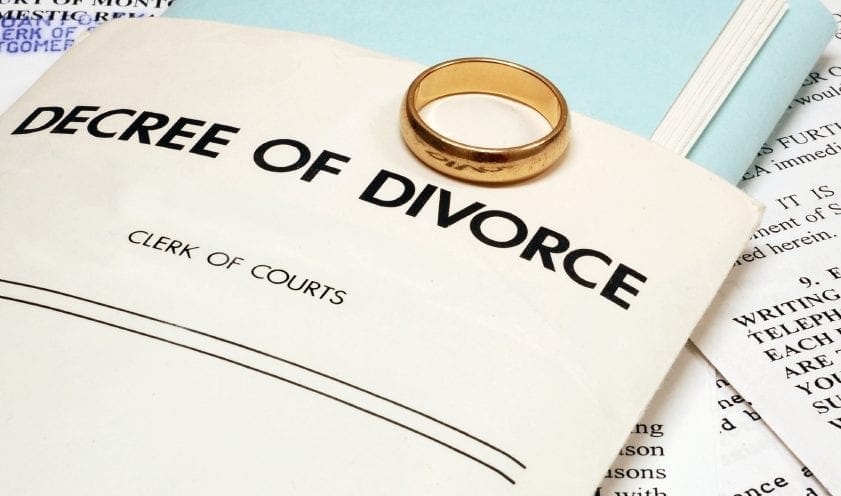In this day and age we may think that the stigma of getting a divorce is long gone, for many it is still there and we need to do something about that.
The general view these days seems to be that divorce is socially acceptable. Whereas just a generation ago, it was still spoken about in hushed terms, these days it is so commonplace that if anyone was so morally outraged as to think about ostracising a divorced person from their social circle, they could soon find themselves in a circle of one!
However, I don’t believe that stigma about divorce has disappeared. This may appear a contradiction, but bear with me. It is perhaps more the perception of the person going through a divorce that is the problem, rather than there actually being any real social disapproval.
This can be particularly true in certain ethnic groups. I have certainly seen a rise from that sector in requests for annulments. When I speak to these clients, or potential clients, they can say that elders in their religion will be pacified if they get an annulment. Divorce remains more of a dirty word to some religions and families.
Elsewhere, maybe it is the language we continue to use that keeps the stigma alive. You can have a successful marriage or a failed marriage. Nobody wants a failed marriage. It suggests in some way that you are not good at something – something that millions of others are successful at. That can be hard to take, even if only sub-consciously in some cases.
The reality is that you can have a successful life if you can see that your marriage is not working and do something about it. Surely that is better? If you stick with a relationship that is not working just to avoid divorce, that cannot be a success. We need to find a new way of talking about divorce perhaps to try and see off the stigma once and for all.
Maybe we should all mind our language when it comes to referring to divorce and relationship breakdown. Let’s end once and for all references to ‘failed marriages’ and instead focus on the positive aspect of both parties being able to move on with their lives. No longer should we talk about children of ‘broken homes’ – a home can be ‘broken’ whether a couple is married, divorced or living separately, if the children are made unhappy by the situation and others treat them as second class citizens.
An awful lot of the negative terminology is no doubt fuelled by the concept of fault in divorce in the UK. A married couple can’t just apply for a divorce because they agree things are no longer working out. Instead one party has to make an application against the other and unless they are willing to wait (two years with the consent of the other party or even longer if they can’t get consent) they will have to state clear reasons for the marriage having ‘broken down’.
A no fault divorce would be a definite help. It would remove the need for finger pointing and accusations and maybe in itself would start to change the language around relationship breakdown and divorce.
Maybe Gwyneth Paltrow and Chris Martin had it right – conscious uncoupling really is the best way of approaching things. You might not want to be best friends with your ex afterwards, but you don’t have to make a battle out of it either. And if the law removed the stigma in its language, maybe the media and public at large will all start to accept that in the 21st century there really isn’t a stigma around divorce.
Davina Warrington
Family law solicitor, Burton on Trent



